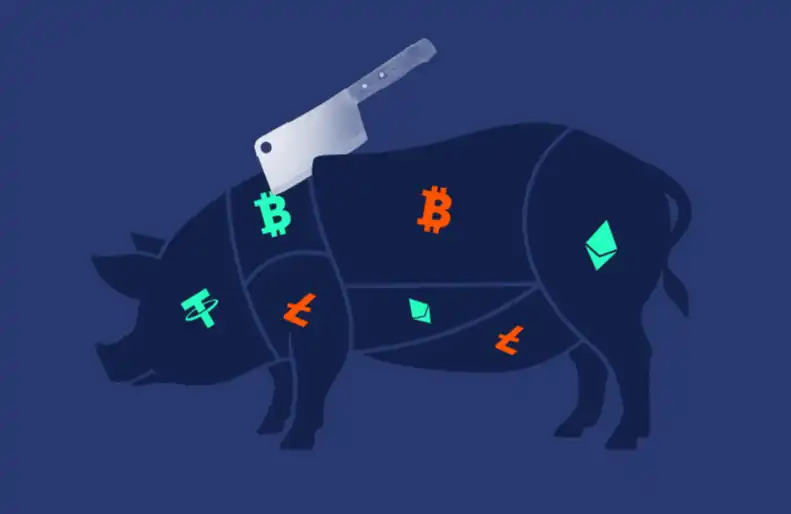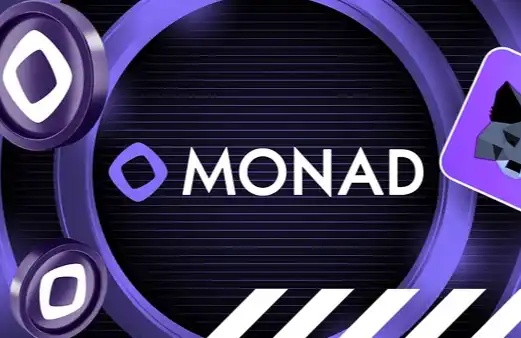Can the non-consensus approach of friend.tech bring new opportunities?
Translation: Leo, Joyce, BlockBeats
It is said that "non-consensus" can bring opportunities. In the increasingly homogenized cryptocurrency market, friend.tech has created a rare "non-consensus".
About friend.tech, there are numerous comments in the community, some are FUD, and some are excited to believe that this model can innovate the DeFi paradigm. Whether it is an innovative paradigm or a short-term meme hype, let's take a look at the evaluations of social media KOLs. BlockBeats compiled and organized as follows:
friend.tech brings inspiration and expectations
Many people believe that whether friend.tech can continue to be popular is not important, what is important is whether such applications provide a future path for the encryption industry and whether they can bring more new ideas. Here are some new ideas that have emerged after thinking about friend.tech:
Encryption KOL redphone believes that friend.tech has revolutionized the DeFi paradigm. The emergence of breakthrough applications such as friendtech, Rollbit, and TGbots proves that cryptocurrencies are officially entering the "application" stage, rather than just being in the infrastructure/construction/DeFi stage. These applications provide unique experiences that can only be achieved through backend encryption, and apps like TGbots completely change the competitive environment of DeFi. The real inspiration brought by friend.tech is that we can build a Web2 frontend and then use encryption technology on the backend to push the application to the world. This is also the most direct idea to expand the adoption of encryption, similar to RWA+DeFi. There are many high-quality encryption infrastructures in the industry, and using these to create innovative applications that have not been done before can expand the adoption of encryption, which is the inspiration brought by friend.tech.
WeirdoGhostGang founder Sleepy also commented that the purchase share mechanism of friend.tech is quite addictive, meeting new friends and flipping old ones. Meeting new friends is refreshing, and flipping old friends is funny. The scene is very immersive, such as users sitting in a coffee shop saying, "I sold you and made 0.001 ETH" and "Wow, someone is dumping me." The encryption industry has not seen such an immersive project for a long time.
Additionally, friend.tech also reminds Sleepy of Bubble, a Korean social app. The following image shows a comparison between Bubble and friend.tech:

Bubble is a type of Korean social software, mostly used for fans to chase stars. The app has cooperated with various brokerage companies in Korea, and Bubble has also been divided into various apps according to different brokerage companies, such as Bubble for CUBE, Bubble for JYPnation, Bubble for IST, etc. Artists under each company will also settle in the corresponding app. You can choose your favorite star and enter the exclusive app of the star's brokerage company. Bubble adopts a subscription system for payment, with a few dollars per person per month. Users can choose their favorite idol and purchase the corresponding ticket subscription.
However, in chat mode, Bubble belongs to exclusive chat, and Idol can see all the people who send him messages, but fans can only see Idol's exclusive replies to themselves. Friend.tech can only have one-to-many or many-to-one chats, and cannot have normal group chats. Therefore, in terms of user experience, friend.tech is a super simplified version of Bubble.
And Sleepy's expectation for friend.tech is:
-Fiat currency payment, and even the removal of cryptocurrency payment;
-Subscription-based model, defines existing Shareholders as premium members.
-Complete app, making chat rooms more perfect and creating a better user experience.
Encryption KOL Poopman said that friend.tech has made good use of the attention economy, token incentives, and airdrop incentives in the encryption world. Compared with other social software, the App has a simple and rude style. You only need to buy and join. The parasitic way of Twitter and community influence has also led to a very high "profit effect" of the App, which can be regarded as a type of social casino, wearing the hat of social and imitating the operation of casino.
As you can see, users have mixed opinions about friend.tech, with both praise and criticism.
Why is friend.tech being criticized?
The biggest criticism of friend.tech is the issues of data privacy and ownership. Last night, some KOLs revealed the content related to friend.tech's data leak and ownership. In the Web3 world, granting ownership to others is very dangerous, which also proves the concerns about data privacy issues that arose from the application's parasitic Twitter mechanism.
On-chain data monitoring platform Spot on Chain posted that although friend.tech has developed rapidly and generated huge amounts of fees and user shares in just two weeks, the project has a problem with API data leakage. Users can even buy and sell shares through contracts without an invitation code. From the contract code, the invitation code and application have no effect on the contract, and users can buy and sell directly on Etherscan through the MetaMask link.
Yearn core developer banteg posted on social media that leaked databases showed that over 100,000 people had granted friend.tech permission to access their social media. SlowMist founder Yu Xian also commented: "The wallet addresses corresponding to more than 100,000 Twitter accounts have been leaked to friend.tech. These wallet addresses can be associated with more privacy by simply doing some correlation. Moreover, the relationship between the wallet addresses that friend.tech can leak and the Twitter accounts is a direct correlation between on-chain and off-chain. If you are confident, you don't have to care about your privacy, but if the whole industry adopts this indifferent attitude, the happiest ones must be those who do evil."
Speaking of the current issues with friend.tech, Sleepy also mentioned: "Early users either bought some of their own shares at a very low price in advance to do insider trading (which is now difficult with the entry of robots), or they could only trade shares through others and receive commission dividends. For early creators, these are not enough to form strong incentives, which makes it difficult to ensure continuous output of content and content quality. The Share holders brought about by this model are also difficult to settle into real fans due to the speculative mechanism, and from the perspective of both income and influence, they cannot help creators. As for top creators, how much income this model can bring them remains to be calculated. If there is no strong discourse power like Korean brokerage companies, how to retain them and form a moat will become a big problem."
New users: How to avoid privacy issues
Friend.tech has also responded to the issue of API data leakage, and its official social media stated that someone only captured its public API, showing the association between public wallet addresses and public Twitter usernames. The term "data leakage" is like saying that someone can attack a user by viewing their public Twitter information.
However, in reality, this is not the same as the concept of "viewing user Twitter attack users". Many users do not want others to know the association between their Twitter and wallet addresses, so their replies may be somewhat perfunctory.
Many users immediately revoked the authorization between friend.tech and Twitter. For users who have not yet experienced friend.tech, here are some practical suggestions provided by DeFi researcher Ignas on Twitter:
- Use anonymous email (protect privacy);
- Create a new wallet and withdraw funds through a CEX or privacy transfer tool.
- Use friend.tech on your PC by changing the user agent in your Chromium-based browser.
Currently, it seems that with more and more KOLs and communities joining friend.tech, the hype around friend.tech continues. Factors such as investment from Prardigm, as well as the participation of Cobie, zhusu, Haska, and more "big shots", and the airdrop incentives of branded points, are all factors that can help friend.tech sustain itself. Cryptocurrency is already a fast-profit industry, and friend.tech's properties can cater well to this. If friend.tech can effectively address the current user experience issues, or add new incentives for creators, tokenized products, etc., it may truly achieve long-term success in the future.
Welcome to join the official BlockBeats community:
Telegram Subscription Group: https://t.me/theblockbeats
Telegram Discussion Group: https://t.me/BlockBeats_App
Official Twitter Account: https://twitter.com/BlockBeatsAsia


 Forum
Forum Finance
Finance
 Specials
Specials
 On-chain Eco
On-chain Eco
 Entry
Entry
 Podcasts
Podcasts
 Activities
Activities
 OPRR
OPRR










